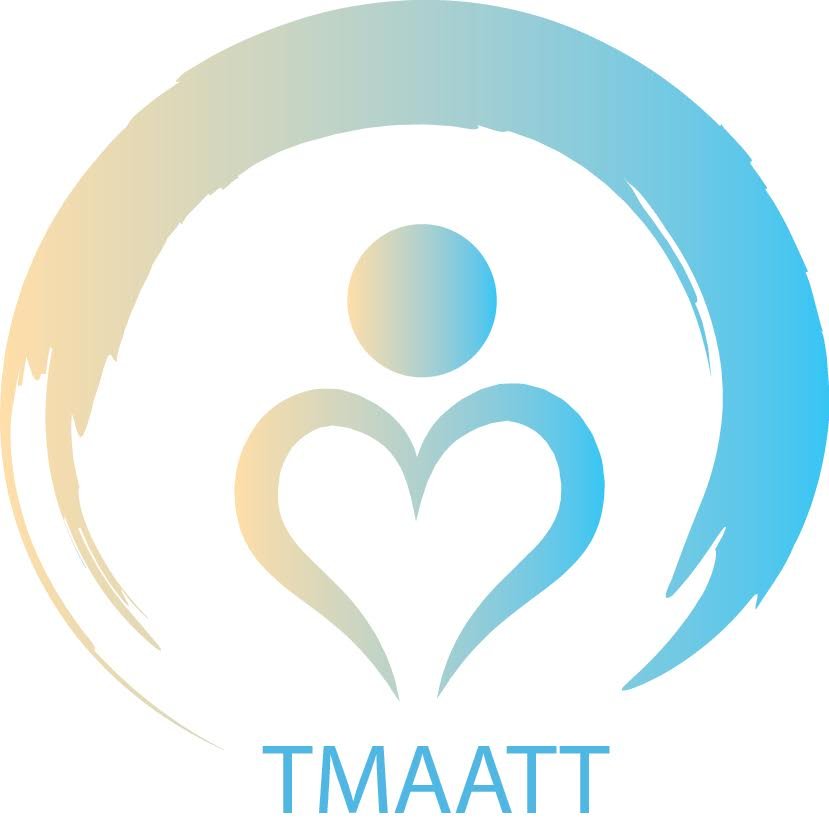The Power of Meditation
Photo Credit: Preston Browning
The Power of Meditation: Integrating Mindful Awareness into Clinical Work with Diverse Populations
As a Licensed Marriage and Family Therapist, who has been practicing for over thirteen years, I have come to regard that cultivating mindful awareness as a curative mechanism transcends diagnosis, addresses underlying causes of suffering, and serves as an active ingredient in most psychotherapies. The clinical value of mindfulness interventions has been demonstrated for many psychological difficulties including depression, anxiety, chronic pain, substance abuse, insomnia, to name a few. Our goal in introducing mindfulness practices to our clients is not to turn them into dedicated meditation practitioners, but to help them find balance and fulfillment in their lives.
One of the questions that I ask my clients when we meet is, “How do you practice mindful awareness? Do you meditate?” Often, my clients will share they have no experience with meditation, it may go against their religious beliefs, or they do not have time to practice. However, after further exploration, some of my clients may reveal they pray throughout the day, admire nature, and dance or workout. Whereas, others express they struggle with staying present in the moment, and at this point is where our journey begins.
Bringing mindful awareness into our clinical work with diverse populations begins with a thorough culturally sensitive assessment. I comprehensively explore my client’s strengths, religious preferences, coping skills, and strategies used in the past that seemed to work for them. At this stage is where I integrate using mindful awareness and meditation into the treatment plan, including the coping strategies the client already utilizes.
The next goal is to educate our clients on mindful meditation, its benefits, along with the different types that exist; empowering the client to be able to make an informed decision to determine if this intervention is worth investigating. I gently explain that mindfulness is living in the moment, which means being aware of one’s feelings and experiences without passing judgment or negatively reacting. I emphasize that although the practice has ties to many different religious teachings, meditation is less about faith and more about altering consciousness, finding awareness, and achieving peace. I clarify that it is important to find a practice that meets one's needs, compliments their personality, and respects one's cultural norms; therefore, there is no right or wrong way to meditate. Not all meditation and mindfulness-based activities or exercises will work for everyone. Once the client feels comfortable with their preferred style of meditation, they will be encouraged to practice. After building trust and rapport with our clients, we begin to practice meditation and mindful awareness in the room. Different types of meditation include:
Mindfulness meditation
Spiritual meditation
Focused meditation
Progressive relaxation
Loving-kindness meditation
Visualization meditation
Movement meditation
The easiest way to begin is to sit quietly and focus on one's breath. This occurs at the beginning of the session, setting the intention. I share with the client that meditation is not meant to be forced, when feeling coerced it may feel like a chore. The gentle regular practice eventually becomes sustaining and supportive. Finally, receive feedback from the client at the moment to adapt or modify the practices used in the session.
Josie Myles, LMFT, MBATT
About the Author: Josie Myles empowers couples and individuals to overcome personal obstacles to improve their relationships. Using clinically tested and evidenced-based interventions, she has worked with children, adults, couples and families since 2008. Josie is a Licensed Marriage and Family Therapist, and earned her Master’s of Science degree in Educational Psychology and Counseling with emphasis on Marriage and Family Therapy, from California State University Northridge. Because research shows that unhealthy relationships can cause both emotional and physical stress, whereas healthy relationships can enhance and improve overall well-being, Josie offers relationship counseling, Trauma Informed Care, and individual counseling for anxiety, depression and relationship issues. She is also a proud member of CAMFT.
To connect with Josie you may email her at: Josie@MindfulCenters.com


